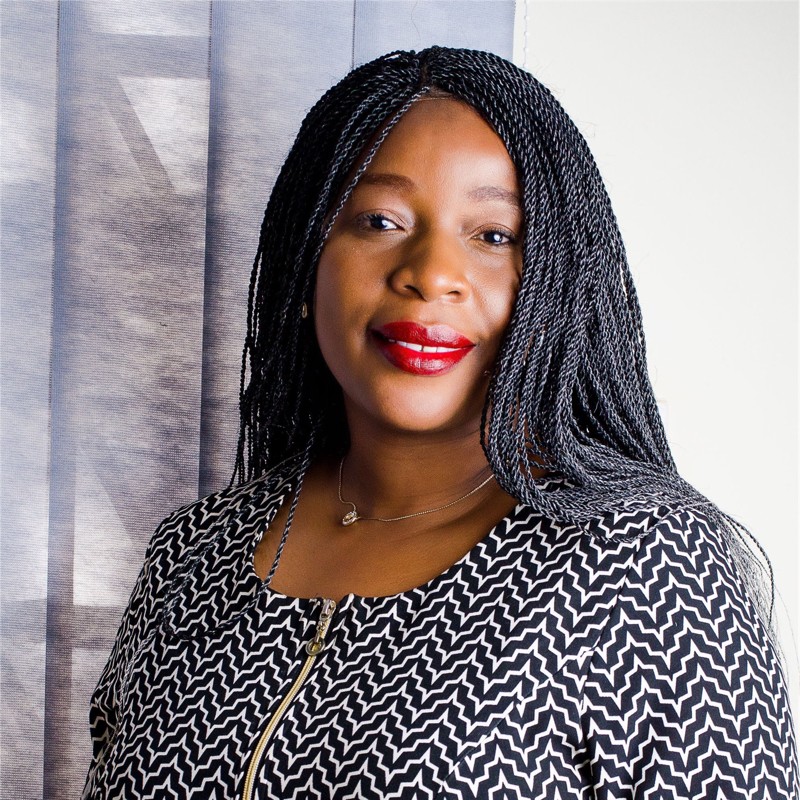|
Getting your Trinity Audio player ready...
|
The Christian Blind Mission (CBM) International, true to its spirit of working to address poverty as a cause and consequence of disability, joins the rest of the world in celebrating International Disability Day.
To have an appreciation of the organisation’s work in promoting disability inclusion and mainstream development, Spiked Online Media had an interview with Ms Deborah Tigere, the Country Director for Christian Blind Mission – Zimbabwe.
Below are the excerpts from the interview:
- What is CBM doing to address the needs of people with disabilities and ensure they are integrated into policies and laws?
CBM is working with the government and other stakeholders to promote disability inclusion in various sectors. In particular, CBM has been supporting the development of key policies such as the National Eye Health Strategy given that Inclusive Eye Health is one of CBM’s biggest Initiatives. Together with other stakeholders, CBM appreciates the launch of the National Disability Policy by His Excellency, the President of the Republic of Zimbabwe Cde Emmerson Mnangagwa on the 9th of June. The National Disability Policy is a major milestone in driving the disability agenda forward.
In addition, CBM has been working with persons with disabilities and their organisations to strengthen their capacity in advocacy.
- There is a challenge to mainstreaming disability inclusion. What’s CBM doing to ensure no one is left behind – particularly with a focus on hard-to-reach areas and PWDs from a disadvantaged background?
The meaningful participation of people with disabilities remains central in achieving disability inclusion. CBM has been promoting the involvement of people with disabilities in project cycle management. That is, involving people with disabilities in project design, implementation through monitoring and evaluation. For example, organisations of persons with disabilities have been involved in conducting accessibility audits. This has enabled the identification of barriers to inclusion and enabled adjustments to ensure access to services.
Part of CBM’s work has been to provide assistive devices to people with disabilities to improve mobility, enhance access and improve the quality of life. CBM has been advocating for people with disabilities to be at the centre of disaster preparedness. In addition, CBM reaches out to other NGOs and stakeholders who have an interest in mainstreaming disability inclusion and offers its technical expertise to provide guidelines that promote disability inclusion in the execution of all projects/programmes.
- COVID-19 has had a negative impact on livelihoods. Are there specific programmes by CBM to address challenges faced by PWDs and to ensure post-COVID-19 recovery and resilience?
In collaboration with the Federation of Organisations of Disabled People in Zimbabwe, CBM supported awareness-raising and the development of key messages in accessible formats. The COVID 19 pandemic has worsened the challenges faced by people with disabilities. In order to address some of these challenges, CBM supported livelihoods projects under the Community Based Inclusive Development (CBID) initiative through the provision of cash transfers (which support Income Generating Activities, Internal Savings and Lending); assistive devices and personal protective equipment (PPE) to assist people with disabilities.
- There will be the Second Disability Summit to be held in February 2022 in Norway, to address the global needs of PWDs. Is CBM going to attend the summit or sponsor PWDs to contribute their experiences and expectations and the media representatives from Zimbabwe to cover the Summit?
Yes, there will be representation for CBM International at the summit. We are looking forward to the engagement and discussions.
- What has been the impact of multi-stakeholder collaboration towards improving the welfare of PWDs?
Multi-stakeholder collaboration increased the capacity to address barriers to inclusion and enhanced access to services by people with disabilities. There have been notable changes which include the establishment of the Department of Disabilities Affairs in the Ministry of Public Service Labour and Social Welfare (MoPSLSW), the Launch of the National Disability Policy, and the proposed use of the 6 Washington Group Short Set of Questions in 2022 national census.
CBM is working in partnership with MoPSLSW, supporting and promoting the roll-out of the recently launched National Disability Policy through awareness-raising and capacity building to drive forward the disability agenda and ensure that the welfare of PWDs is improved.






